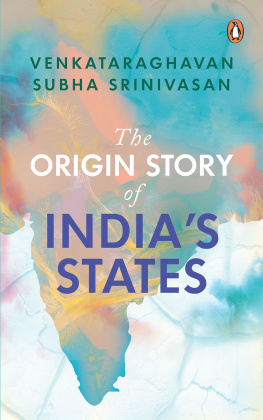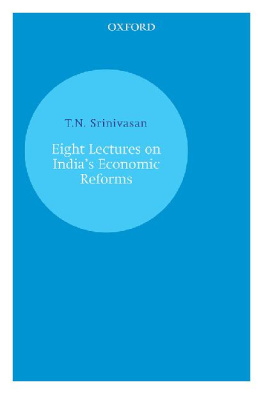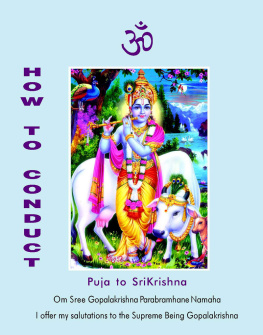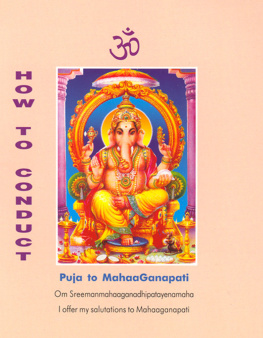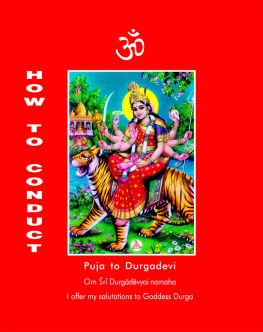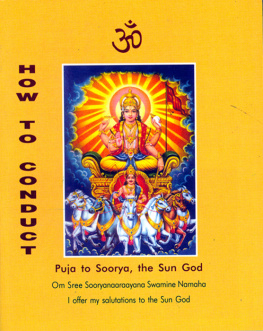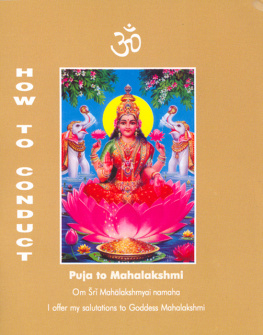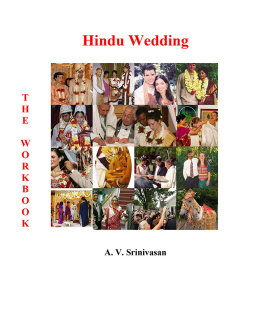Courting Desire
The Politics of Marriage and Gender: Global Issues in Local Contexts
Series editor: Pter Berta
The Politics of Marriage and Gender: Global Issues in Local Context series from Rutgers University Press fills a gap in research by examining the politics of marriage and related practices, ideologies, and interpretations, and addresses the key question of how the politics of marriage has affected social, cultural, and political processes, relations, and boundaries. The series looks at the complex relationships between the politics of marriage and gender, ethnic, national, religious, racial, and class identities, and analyzes how these relationships contribute to the development and management of social and political differences, inequalities, and conflicts.
Honor and the Political Economy of Marriage: Violence against Women in the Kurdistan Region of Iraq by Joanne Payton
Courting Desire: Litigating for Love in North India by Rama Srinivasan
Courting Desire
Litigating for Love in North India
RAMA SRINIVASAN
RUTGERS UNIVERSITY PRESS
NEW BRUNSWICK, CAMDEN, AND NEWARK, NEW JERSEY, AND LONDON
Library of Congress Cataloging-in-Publication Data
Names: Srinivasan, Rama, 1982- author.
Title: Courting desire : litigating for love in North India / Rama Srinivasan.
Description: New Brunswick : Rutgers University Press, [2020] |
Series: The politics of marriage and gender: global issues in local contexts | Includes bibliographical references and index.
Identifiers: LCCN 2019010435 | ISBN 9781978803541 (hardback : alk. paper)| ISBN 9781978803534 (pbk. : alk. paper)
Subjects: LCSH: MarriageIndia, North. | Marriage lawIndia, North. | CourtshipIndia, North. | CouplesIndia, North.
Classification: LCC HQ670 .S647 2020 | DDC 306.810954/1dc23
LC record available at https://lccn.loc.gov/2019010435
A British Cataloging-in-Publication record for this book is available from the British Library.
Copyright 2020 by Rama Srinivasan
All rights reserved
No part of this book may be reproduced or utilized in any form or by any means, electronic or mechanical, or by any information storage and retrieval system, without written permission from the publisher. Please contact Rutgers University Press, 106 Somerset Street, New Brunswick, NJ 08901. The only exception to this prohibition is fair use as defined by U.S. copyright law.

The paper used in this publication meets the requirements of the American National Standard for Information SciencesPermanence of Paper for Printed Library Materials, ANSI Z39.48-1992.
www.rutgersuniversitypress.org
Manufactured in the United States of America
To women in Haryana who make choices and fight for them
CONTENTS
T he politics of marriage (and divorce) is an often-used strategic tool in various social, cultural, economic, and political identity projects as well as in symbolic conflicts between ethnic, national, or religious communities. Despite having multiple strategic applicabilities, pervasiveness in everyday life, and huge significance in performing and managing identities, the politics of marriage is surprisingly underrepresented both in the international book publishing market and the social sciences.
The Politics of Marriage and Gender: Global Issues in Local Contexts is a series from Rutgers University Press examining the politics of marriage as a phenomenon embedded into and intensely interacting with much broader social, cultural, economic, and political processes and practices such as globalization; transnationalization; international migration; human trafficking; vertical social mobility; the creation of symbolic boundaries between ethnic populations, nations, religious denominations, or classes; family formation; or struggles for womens and childrens rights. The series primarily aims to analyze practices, ideologies, and interpretations related to the politics of marriage, and to outline the dynamics and diversity of relatednessinterplay and interdependence, for instancebetween the politics of marriage and the broader processes and practices mentioned above. In other words, most books in the series devote special attention to how the politics of marriage and these processes and practices mutually shape and explain each other.
The series concentrates on, among other things, the complex relationships between the politics of marriage and gender, ethnic, national, religious, racial, and class identities globally, and examines how these relationships contribute to the development and management of social, cultural, and political differences, inequalities, and conflicts.
The series seeks to publish single-authored books and edited volumes that develop a gap-filling and thought-provoking critical perspective, that are well-balanced between a high degree of theoretical sophistication and empirical richness, and that cross or rethink disciplinary, methodological, or theoretical boundaries. The thematic scope of the series is intentionally left broad to encourage creative submissions that fit within the perspectives outlined above.
Among the potential topics closely connected with the problem sensitivity of the series are honor-based violence; arranged (forced, child, etc.) marriage; transnational marriage markets, migration, and brokerage; intersections of marriage and religion/class/race; the politics of agency and power within marriage; reconfiguration of the family: same-sex marriage/union; the politics of love, intimacy, and desire; marriage and multicultural families; the (religious, legal, etc.) politics of divorce; the causes, forms, and consequences of polygamy in contemporary societies; sport marriage; refusing marriage; and so forth.
Rama Srinivasans Courting Desire is an ethnographically rich analysis of court marriages in North India. While investigating cases of elopements and love marriages that are mediated through legal interventions, Srinivasan explains how the politics of consent and choice is embedded into courtroom spaces and processes and highlights how these legal interventions transform marital patterns and preferences by shaping local interpretations of an ideal marriage and choice of a marriage partner. Her book is a fascinating story of a normalization contest, or, in other words, of a symbolic conflict between the value regimes of family-arranged matches and love marriages. It also offers readers a nuanced insight into how the dominant patterns of citizens engagement with the state and its laws are changing in contemporary North India.
Pter Berta
University College London
School of Slavonic and East European Studies
I have ruminated a good deal on the question of ethical responsibilities, which extends far beyond protecting interlocutors and their identities. In my mind, I have wrestled endlessly with both the critique that anthropologists do not adequately describe their own positionality in the field and the counter-critique that they have priortized themselves over the ethnographic voices. My transcriptions of interviews and life history narratives have made me realize that I have been truly fortunate to be presented with such diverse and unique stories that for the most part can be retold independent of the researchers story.



 The paper used in this publication meets the requirements of the American National Standard for Information SciencesPermanence of Paper for Printed Library Materials, ANSI Z39.48-1992.
The paper used in this publication meets the requirements of the American National Standard for Information SciencesPermanence of Paper for Printed Library Materials, ANSI Z39.48-1992.
